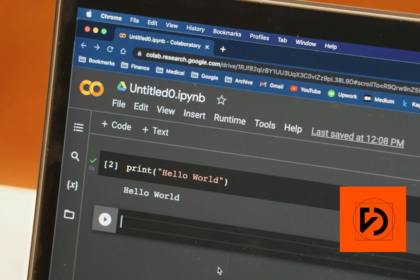Creating MVP for Startups: How to Leverage the Potential of Your Business Idea and Development of Your Product in a Startup
What is an MVP and why is it crucial for your startup?
MVP, or Minimum Viable Product, is the basic version of a product that contains only the necessary features that allow it to be tested by users. The concept of MVP is closely related to the Lean Startup methodology, which assumes rapid verification of business ideas and flexibility in adapting to market needs. In the context of a startup, an MVP allows you to check whether the business idea has development potential and whether the target customer is interested in the service or product.
How to verify your business idea by creating an MVP?
The process of creating an MVP begins with precisely defining the main product functionalities that are essential to solve the user’s problem. Then, based on this, a prototype is created, i.e., a simplified version of the product, which will be tested by the target customers. The feedback obtained from users is invaluable, as it allows identifying potential problems early and adjusting the product to market needs. As a result, the startup can avoid the costs associated with launching a full version of the product that would not meet user expectations.
Lean Startup and MVP creation – an effective path to success
Lean Startup methodology is an approach that assumes continuous testing, learning, and iterating in the product development process. MVP is a key element of this philosophy because it enables startups to quickly verify their business ideas with minimal costs. Lean Startup emphasizes the importance of direct user contact and continuous feedback collection, which allows for flexible product adaptation to the changing market needs. Thanks to this approach, startups can effectively leverage their potential and increase their chances of success.
Scalability and implementation of MVP in a startup
One of the key aspects that startups need to pay attention to when creating an MVP is the scalability of the product. The MVP should be designed in such a way that it can be easily developed and adapted to the growing needs of users in the future. Implementing an MVP also requires close cooperation of the design team, which should be ready to quickly respond to feedback and make necessary changes to the product. This way, startups can not only test their business idea but also prepare solid foundations for future expansion.
Joining the startup community – benefits of feedback
Releasing an MVP and collecting user feedback is essential, but joining the startup community is equally important. Exchanging experiences, know-how, and feedback with other entrepreneurs can provide valuable tips on further developing your product. Startup communities often organize events such as hackathons or meetups, which are excellent opportunities to present MVP to a wider audience and gain new ideas for product development. Engaging in such a community can also open doors to potential investments and business partnerships.
Conclusion
Creating an MVP is a key step on the path to success for any startup. It allows for verifying a business idea with minimal costs, collecting invaluable feedback from users, and adjusting the product to market needs. Implementing Lean Startup methodology and focusing on the scalability and flexibility of the MVP can significantly increase a startup’s chances of success. Joining the startup community and benefitting from the experience of other entrepreneurs can also bring many benefits and open up new opportunities for product development. Remember, MVP is just the beginning of your startup journey, but it’s a step that can determine the future of your business.














